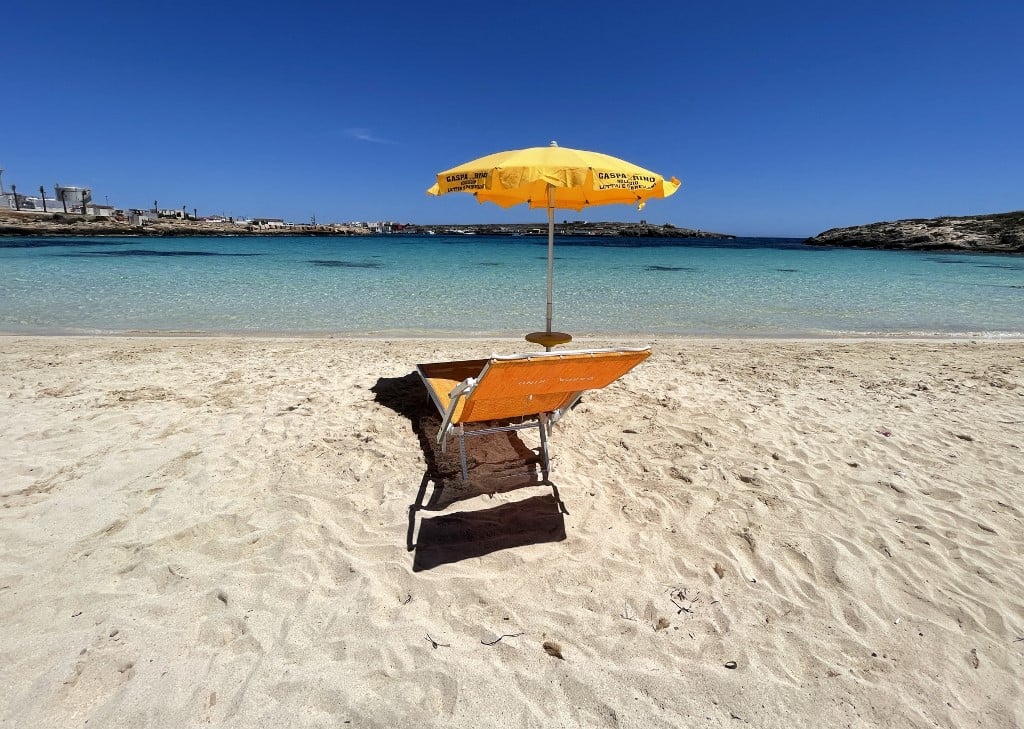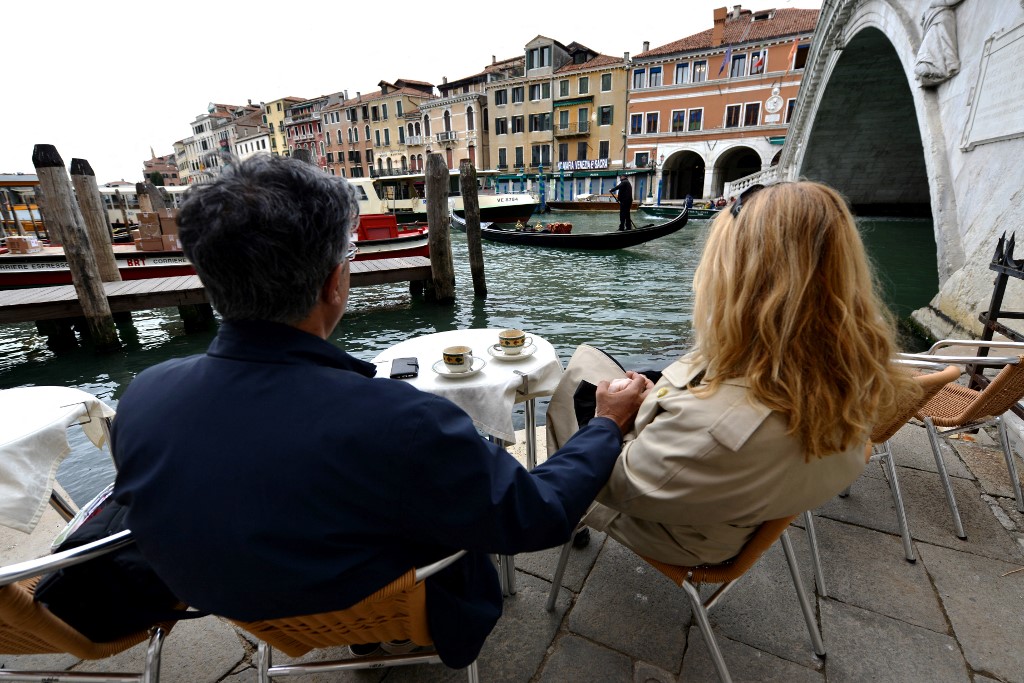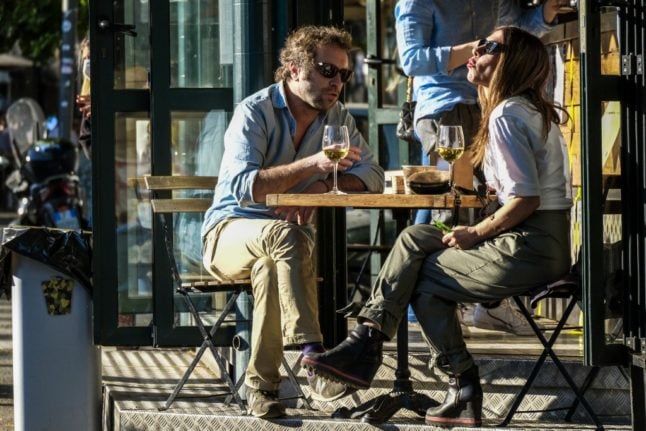I often hear colleagues and friends complain they have low salaries and can’t make ends meet, but then somehow have just enough money to go on holiday twice a year, eat out and go for drinks after work every week.
This is something that also baffles foreigners I have spoken to, and it is tied to the Italian mindset and lifestyle.
Italians are addicted to leisure, festivities are sacrosanct as are ponti (long weekends), and they can’t seem to skip going out on weekends, eating at restaurants, having an aperitivo even during working days, and clubbing at least twice a month.
READ ALSO: Aperol and aperitivo: A guide to visiting bars and cafes in Italy
And it’s not just young people, but also adults. Friends of mine who earn €1,500 per month can end up spending up to €150 per night on weekends for fancy dinners and cocktails, plus another €200 for a day trip. People I know without jobs always have daily cash to buy a pack a cigarettes per day and enjoy a pizza with friends twice a week.
I’m not saying everyone does: many people really struggle with finances and make huge sacrifices.
But where does the money come from that many complain they don’t have?

More often than not it’s from their family, either their parents or relatives, and also from rentals of properties and patches of land. The majority of Italians own a first home, meaning they don’t pay taxes on it, plus typically enlarged families tend to own second homes, no matter how small, which they often rent as safe revenue streams.
A friend of mine with a 400 square-metre farmhouse handed down from his shepherd parents rents four rooms at €200 each per month. He only earns €800 working as a bartender. My cleaning lady leases a five-hectare olive grove in Rome’s countryside to a farmer for €5,000 per year, while making just €10 per hour doing house chores.
We have a phrase for this: ‘Campare di rendita’, meaning ‘put your feet up for life’ by relying on indirect income that doesn’t stem from active work, and confidence that no matter how financially bad one’s doing, there are always safety nets linked to family possessions, at all social levels.
A job may come and go but a leased room, henhouse, orchard or tiny rural cottage is an investment for life.
Pocket money from kind grandparents’ pensions also comes in handy. Whoever lives up to 80-years-old after having worked their entire life is sure to have set aside some savings for their grandchildren, who know who to turn to for weekend cash.
It’s not just a matter of priorities, it’s a cultural mindset and way of life. Making sacrifices and staying at home, skipping a tavern meal or a short fun weekend touring remote villages or just a drink with friends, because you are short of money is a no-no for most.
Italians may jokingly complain they have a hard time getting to the end of the month with their salary, but they give too much importance to appearances to miss out on the fun. They still want to be seen as cool, showing off they can afford a short holiday or a restaurant meal anyway.

My granny had a saying: “Never admit how bad you’re faring, joke about it but then always show others you have the means to do everything, even if you don’t.”
In the south, where the showy culture is stronger than in the north, the ‘campare di rendita’ approach rules. Young people, even when jobless, sit back and wait for brighter times, knowing that in the meantime they can hang out at their uncle’s summer house for six months straight or rely on renting their car to the next-door neighbour for €20 a day.
There’s also another factor to take into account. Cost of living in Italy is relatively low compared to other countries, which helps spread the belief that anyone can afford a €8 pizza or a €25 four-course tavern meal at a rural restaurant. B&Bs across Italy in low season may charge even just €25 per room, hotels about €75.
Then there are Italians who really go to great lengths to find money and aren’t afraid to run into debt.
READ ALSO: Why the long August holidays are untouchable for Italians
I was shocked last summer when I read about thousands of families asking for bank loans of up to €6,500 just to go on holiday, to be paid back in four years with interests. Having new clothes or the latest pair of pumps and sneakers even if expensive, is another must, as is owning a cool car no matter for how many years one must pay monthly instalments, which rise in time.
Grumbling lightheartedly about not having money but then having it for leisure is often just a façade of the social mask many Italians put on to show ‘che va tutto bene’ – all is well.




 Please whitelist us to continue reading.
Please whitelist us to continue reading.
Excellent article which explains very well a part of Italian culture that many foreigners may not know about.
lol, Dolce Vita, love it.